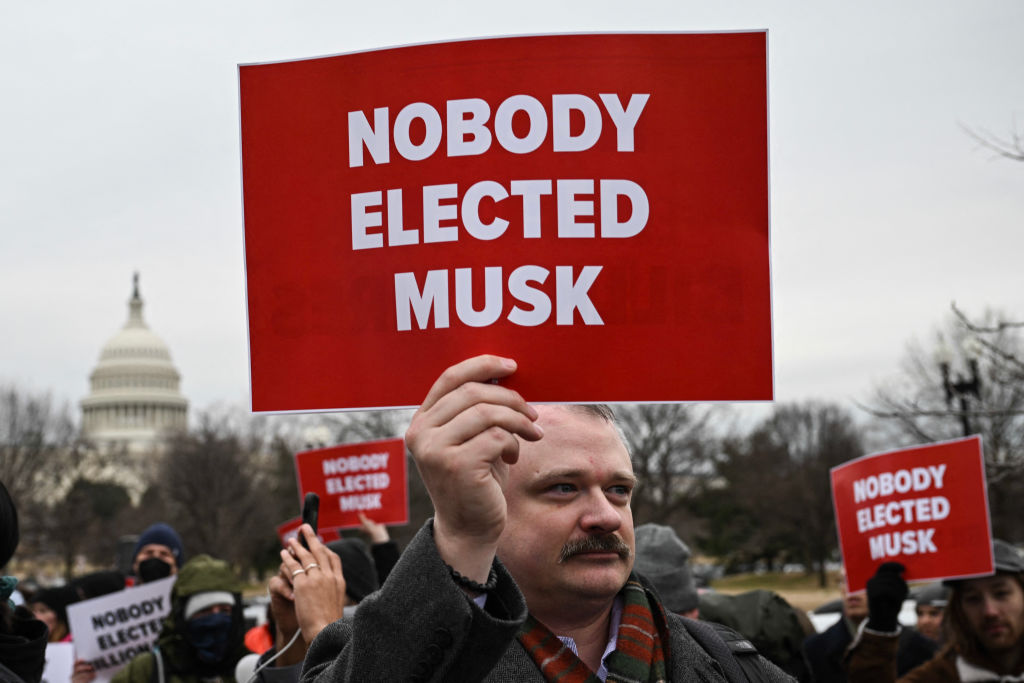Demonstrations Unfold in Pretoria Amid Allegations of Racism Against White South Africans
PRETORIA, South Africa — On Saturday, a gathering of white South Africans took to the streets outside the U.S. Embassy in Pretoria to express their support for former President Donald Trump, claiming they are victims of systemic racism instituted by their own government.
The protest saw hundreds of participants holding banners with slogans like “Thank God for President Trump,” alongside various statements that criticized legislation they view as discriminatory against the white minority in South Africa.
Many attendees identified as part of the Afrikaner community, which Trump referenced in an Executive Order that halted aid to the Black-led government of South Africa. In this order, Trump claimed that Afrikaners, descendants of mainly Dutch settlers, are facing discrimination due to a newly enacted law allowing the government to expropriate private land.
The South African government has firmly denied that this law is racially motivated, stating that Trump’s claims are filled with inaccuracies and misunderstandings.
Trump asserted that Afrikaners are at risk of losing their land under this law, labeling them as “racially disfavored landowners,” even though no land has been taken due to the legislation. He also suggested a plan to offer refugee status in the U.S. to Afrikaners, who represent only a fraction of South Africa’s white demographic.
In a recent address to Parliament, South African President Cyril Ramaphosa emphasized that forcing anyone from their land would never be tolerated again, especially given the historical injustices endured by millions of Black South Africans during apartheid and centuries of colonial rule.
“The citizens of this nation are well aware of the pain caused by forced removals,” Ramaphosa stated. He clarified that the land expropriation law is not designed for arbitrary land seizures but aims to redistribute land for the public good.
The criticism and potential sanctions from the Trump administration have highlighted a longstanding issue in South Africa: addressing the injustices rooted in centuries of white minority rule that marginalized the Black majority.
According to government officials, the land reform initiative seeks to correct the disparity where a majority of farmland is owned by the white minority, which constitutes just 7% of the national population.
Protesters on Saturday not only brought attention to the expropriation law but also voiced their concerns about affirmative action policies, known as Black Economic Empowerment. These measures have been in place since the end of apartheid in 1994 to enhance opportunities for Black South Africans and have led to frustration among certain groups within the white community.
Elon Musk, a notable adviser to Trump who spent his early years in South Africa, has also criticized the South African government, calling it anti-white. However, his motivations have raised eyebrows, particularly after his recent attempt to secure a license for his Starlink satellite internet service in South Africa was thwarted by the country’s affirmative action criteria.
While racial dynamics have historically influenced South African politics, the nation has made notable advancements in fostering unity among its diverse populace in the post-apartheid era. The current government is a coalition of ten political parties, both Black and white, working together towards a shared future.
—Imray reported from Cape Town, South Africa



